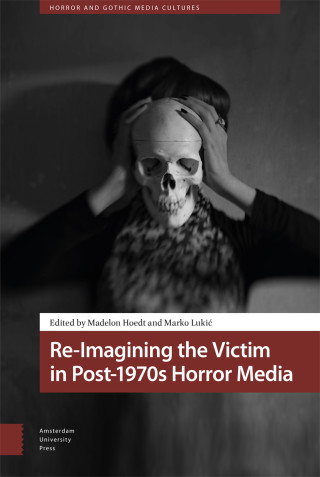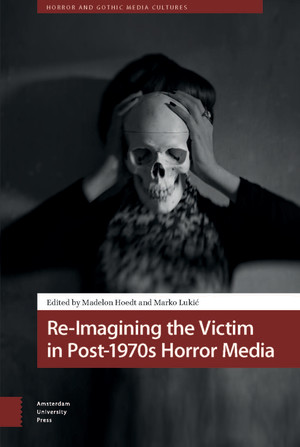Despite its necessary centrality within the genre, the concept of the victim has not received much direct attention within the field of horror studies. Arguably, their presence is so ubiquitous as to become invisible—the threat of horror implies the need for a victim, whose function never alters, often becoming a blank slate for audiences to project their desires and fears onto.
This volume seeks to make explicit the concept of the victim within horror media and to examine their position in more detail, demonstrating that the necessity of their appearance within the genre does not equate to a simplicity of definition.
The chapters within this volume cover a number of topics and approaches, examining sources from literature, film, TV, and games (both analogue and digital) to show the pervasiveness of horror’s victims, as well as the variety of their guises.

